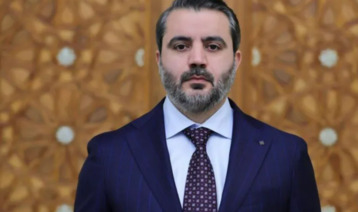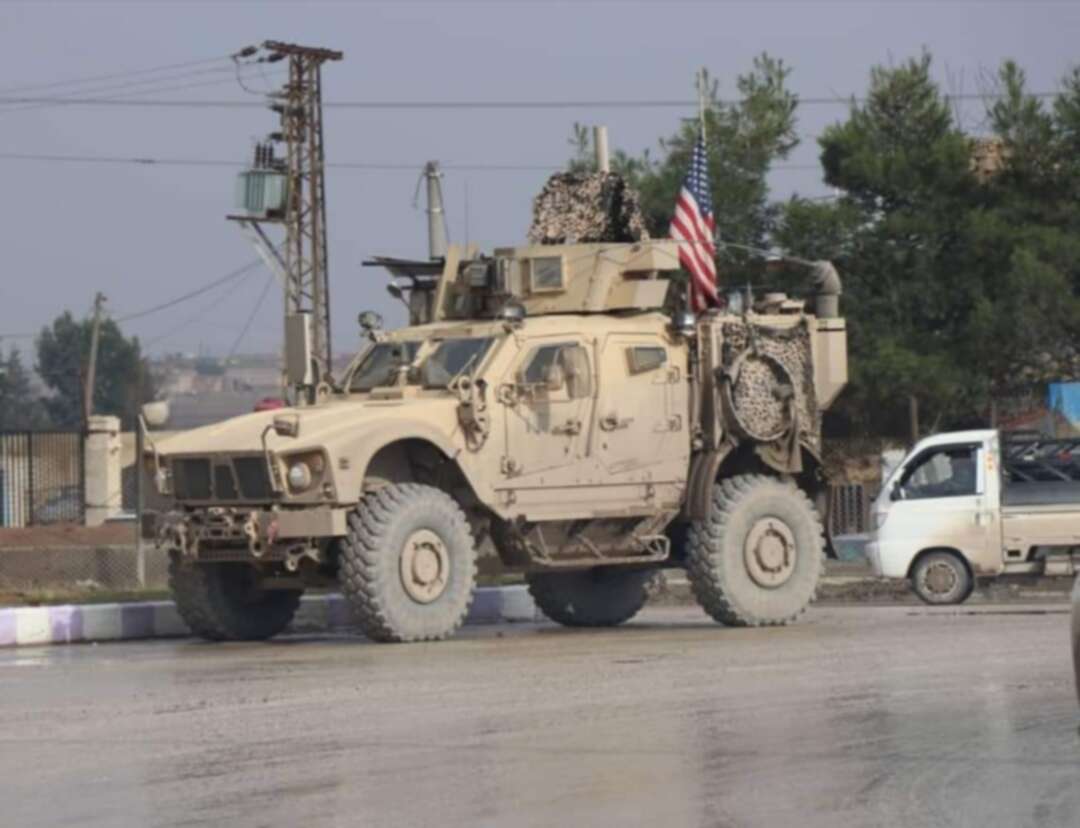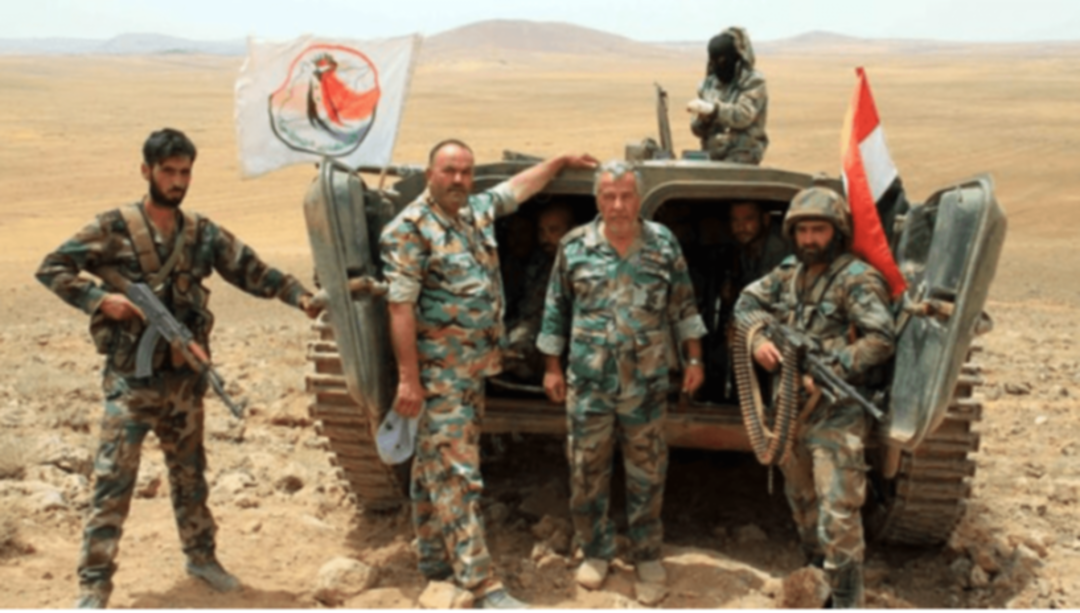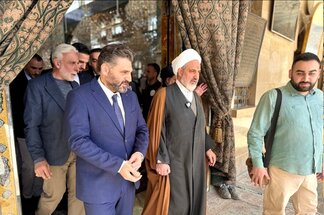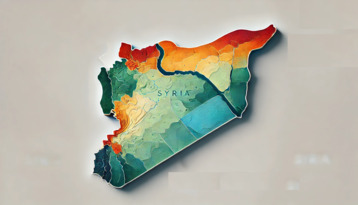-
Palestinian prisoner held in Israel dies after cancer battle
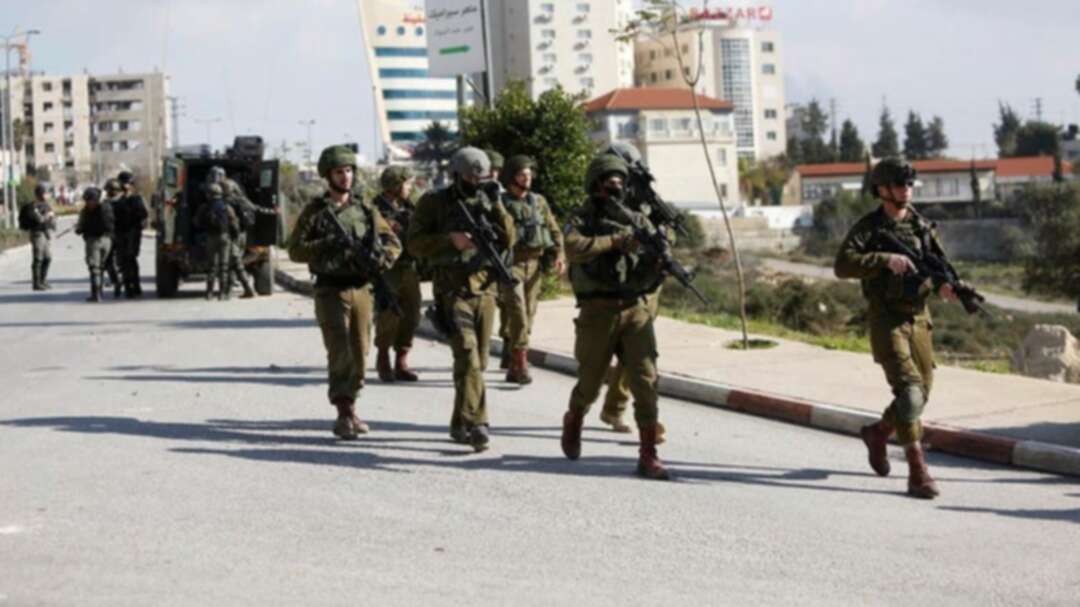
A Palestinian prisoner died Tuesday in Israeli custody after battling cancer, Israel’s prison service said, ahead of demonstrations in the West Bank planned before his death.
The protests, dubbed a “day of rage” by organizers, are against the US announcement last week that it no longer considers Israeli settlements in the West Bank to be a violation of international law, reversing four decades of American policy. The protests were also set to call for Sami Abu Diak’s release.
In a statement, the prison service said Abu Diak, 35, died in an Israeli hospital early Tuesday. The statement said he was serving three life sentences for voluntary manslaughter and kidnapping, among other charges.
Abu Diak was linked to the armed wing of the Palestinian Fatah faction and was arrested in the early 2000s, during the second Palestinian intifada, or uprising. He was allegedly involved in the killing of three Palestinians accused of collaborating with Israeli security forces.
The Palestinian Authority and Abu Diak’s family had asked for his release to allow him to die at his family’s side, but Israeli officials denied the request. The Palestinians also reached out to European countries and the Red Cross to apply pressure on Israel to release him.
Previous deaths of terminally ill Palestinian prisoners have sparked protests and accusations of medical negligence by Israeli authorities.
Tuesday’s protests were called before Abu Diak died. Organized by Palestinian President Mahmoud Abbas’ Fatah movement, the demonstrations were set to protest the Trump administration’s embrace of a hard-line Israeli view on settlements at the expense of the Palestinian quest for statehood.
Schools, universities and government offices will close their doors just before midday and rallies will be held in city centers around the Israeli-occupied West Bank, with marches expected to move to Israeli checkpoints where confrontations with Israeli security forces are expected.
Israeli leaders welcomed the US decision last week, while Palestinians and other nations warned that it undercut any chance of a broader peace deal.
Israel captured the West Bank and East Jerusalem in the 1967 Arab-Israeli War and quickly began settling the newly conquered territory.
Today, some 700,000 Israeli settlers live in the two areas, which are both claimed by the Palestinians for their state.
The Palestinians and most of the world say the settlements undermine hopes for a two-state solution by gobbling up land sought by the Palestinians. Israel says the fate of the settlements should be determined in negotiations, even as it steadily expands them.
US Secretary of State Mike Pompeo had announced that the US was repudiating the 1978 State Department legal opinion that held that civilian settlements in the occupied territories are “inconsistent with international law.”
source: The Associated Press
You May Also Like
Popular Posts
Caricature
BENEFIT Sponsors Gulf Uni...
- April 17, 2025
BENEFIT, the Kingdom’s innovator and leading company in Fintech and electronic financial transactions service, has announced its sponsorship of the “Innovation and Sustainable Technology Solutions Competition (GU - IST Solutions), hosted by Gulf University at its main campus.
This strategic sponsorship reflects BENEFIT’s active role in advancing technological innovation and fostering sustainable solutions to future challenges. It also seeks to empower Bahraini youth by enhancing their skills, capabilities, and competitiveness in innovation and solution development—contributing meaningfully to the broader goals of sustainable development across all sectors.
As part of BENEFIT’s active involvement in the competition, the company has announced that Hanan Abdulla Hasan, Senior Manager of Public Relations and Communication, will serve on the competition’s supervisory committee. Her upcoming participation reflects BENEFIT’s forward-looking commitment to championing academic and professional excellence.
Commenting on the occasion, Hanan Abdulla Hasan, Senior Manager of Public Relations and Communication at BENEFIT, said, “We are privileged to support this pioneering initiative, which aligns seamlessly with BENEFIT’s enduring commitment to fostering innovation and nurturing the potential of Bahrain’s youth. Our participation is rooted in a deep sense of social responsibility and a firm belief in the pivotal role of innovation in shaping a sustainable future. Through such platforms, we seek to empower the next generation with the knowledge, skills, and foresight required to develop impactful solutions that address future challenges, in line with the United Nations Sustainable Development Goals 2030.”
Dr. Aseel Al Ayash Dean of the College of Engineering in Gulf University commented, “We extend our sincere gratitude to BENEFIT for their generous sponsorship and support of the Innovation and Sustainable Technology Solutions Competition. This contribution plays an instrumental role in helping us achieve the strategic goals of this initiative, namely, cultivating a culture of innovation and sustainability, encouraging efforts that address the imperatives of sustainable development, and enhancing the practical and professional capabilities of our students and participants.”
The event will bring together a diverse spectrum of participants, including secondary school students, university undergraduates, engineers, industry professionals, entrepreneurs, academic researchers, and subject matter experts representing a wide range of disciplines.
The competition seeks to inspire participants to develop and present innovative, sustainable technologies aimed at addressing pressing environmental, social, and economic challenges. It encourages the formulation of business models that integrate advanced technological solutions with core principles of sustainability. Moreover, it serves as a platform for emerging leaders, entrepreneurs, and innovators to contribute to the advancement of the Sustainable Development Goals, promote the ethos of responsible technology, and demonstrate its transformative potential across various sectors.
Attendees will have the opportunity to view a series of project presentations submitted by participants, covering diverse areas such as eco-friendly product design, smart and sustainable innovations, renewable energy technologies, water conservation and management, waste minimisation and recycling, green architectural solutions, and sustainable transportation systems. Outstanding projects will be formally recognised and awarded at the conclusion of the event.
opinion
Report
ads
Newsletter
Subscribe to our mailing list to get the new updates!

